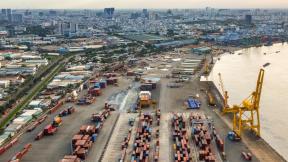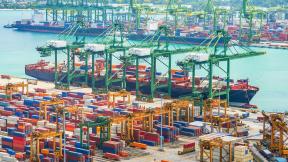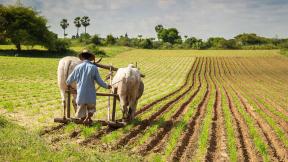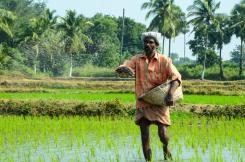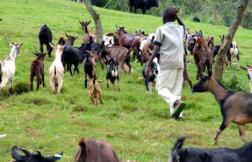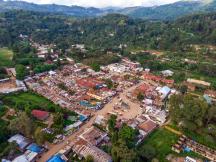Global value chains allow producers from developing countries to upgrade their production standards and add value to their production. Accessing these value chains implies improved welfare of farmers and farmworkers incorporated into these value chains. Despite the benefits of global value chains (GVCs), smallholder mango farmers' participation in these value chains remains low. This low participation is attributed to the limited ability of Ghanaian mango farmers to comply with sustainability standards that govern participation in these value chains. These standards serve as new trade barriers that defy the principles of trade liberalisation. It is, therefore, necessary for a policy change to ensure increased participation in GVCs by mango farmers in Ghana. Ghanaian trade policies should focus on adapting existing sustainability standards to suit the Ghanaian context to enhance the compliance of smallholder mango farmers with these standards. This can increase Ghana’s mango exports and improve the country’s foreign exchange. These context-specific trade standards can enhance South-South corporation and regional integration, thereby accelerating endogenous development in the Global South. Given that Ghana heavily depends on agriculture, this move can greatly affect the development path. This paper descriptively explores the context and benefits of introducing changes to trade policy and sustainability standards in agriculture.
Ideas for Transformation (I4T)
• Research Theme 3: Agricultural Productivity and Sectoral Gaps,
Research Theme 4: Trade and Spatial Frictions
Voluntary sustainability standards, participation in global value chains and the livelihoods of mango farmers and farmworkers in Ghana

Related content














